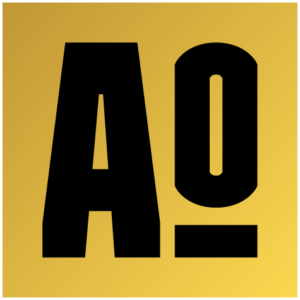“NIL contracts have employment and pay-for-play all over them, experts say.” That’s the title of the informational ESPN article exploring how Name, Image, and Likeness (NIL) agreements in college athletics are changing. It draws attention to how colleges are drafting NIL contracts with provisions that closely mirror the job obligations to that of professional athletes, all the while trying to give college athletes financial incentives. The conventional amateur status of collegiate athletes that the NCAA requires is doubtful, and the possible ramifications of their affiliation with educational institutions are questionable by these developments.
One of the article’s main arguments is that, as part of their NIL agreements, institutions require athletes to give up the rights to their characteristics like dance movements and tattoos. These agreements are constructed to be strict enough to draw in talent and prevent frequent transferring.
According to legal experts, this kind of language resembles employment contracts, which could support claims that collegiate athletes should be fairly compensated like employees who can engage in collective bargaining.
Why This Article is Important for Current College Athletes to Know
College athletes need to comprehend the nuances of these changing NIL contracts. In contrast to conventional NIL agreements, including employment-like terms introduces complicated legal terminology many may not know. To manage these developments and protect their rights, it’s recommended that athletes read these contracts carefully and speak with legal experts before signing any agreements.
How Athletes.org Can Help
Through the Verified Network within the AO platform, athletes can request contract reviews by legal attorneys, all for free. This ensures that athletes not only understand the agreements they are signing, but feel comfortable doi
